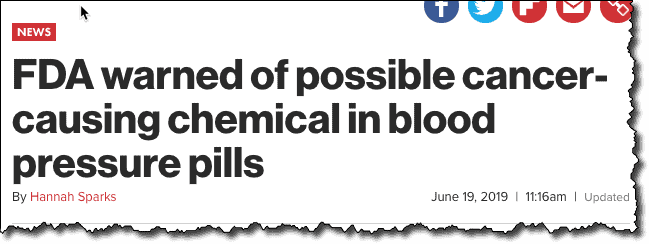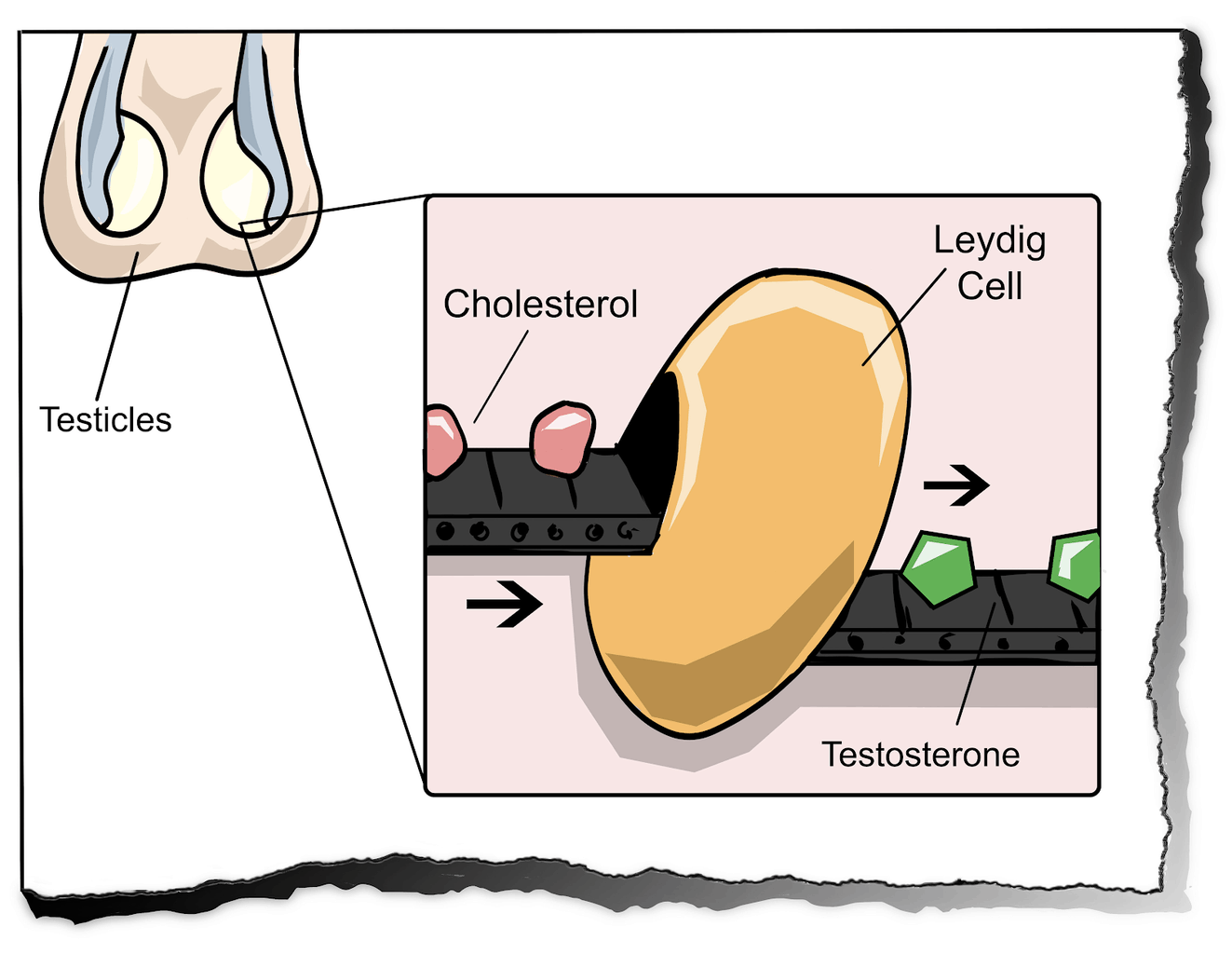
It’s called CoQ10 — and here’s how to get it…
—-Important Message for Men Taking Blood Pressure Treatments—-
WARNING: Are you taking any of these?

———-
This forgotten nutrient decreases likelihood of death by 31%
CoQ10 (coenzyme Q 10) is a nutrient which is essential for the production of cellular energy.
It’s particularly important for high-energy organs like the heart.
These days, many people don’t have enough CoQ10.
What’s more, numerous human trials have shown that CoQ10 can decrease mortality rates in people with heart failure.
This could be particularly important for people who have taken statins — because statins lower your body’s production of this important enzyme.

The review of human studies was researched at the Department of Cardiology, Yulin Hospital, China. The paper was published in Cardiovascular Disorders.
CoQ10 is a nutrient which is essential for the heart’s ability to generate energy.
Heart failure occurs when the heart does not have enough energy to pump sufficient blood around the body.
Back in 2008, researchers first noticed that people with lower levels of CoQ10 who had heart failure did not fare as well as those with higher levels of this nutrient.
Since then, a number of studies have been carried out using supplemental CoQ10 in heart failure patients.
One problem with these studies is that they have been relatively small in size.
So this research was carried out to combine the data from all of these studies — in order to generate more reliable conclusions.
The researchers found 14 randomized controlled human trials. Over 2000 people were included in the combined analysis.
The researchers looked at the effect of supplementing CoQ10 on mortality rates in people with heart failure.
They wanted to know if CoQ10 could help heart failure patients live longer.
The overall likelihood of death was decreased by 31% in people taking CoQ10.
“CoQ10 decreased mortality compared with placebo (relative risk 0.69).”
This supplement helps the heart to generate energy more efficiently — so it makes sense that it could help heart failure patients live longer.
Their main problem is a weak (low energy) heart.
Heart failure makes the whole body week. It significantly impairs the ability to do work or exercise.
So the researchers also looked at exercise capacity in the same people.
CoQ10 significantly improved exercise capacity.
Meaning that it improves energy all throughout the body. Not just in the heart.
“A greater improvement in exercise capacity was established in patients who used CoQ10 than in those who used placebo.”
CoQ10 not only helps people to live longer — it gives heart failure patients more energy too.
“Patients with heart failure who used coenzyme Q10 had lower mortality and a higher exercise capacity improvement than the placebo-treated patients with heart failure.”
Every cell in the body uses the nutrient CoQ10 in order to catalyse the production of energy more efficiently.
With the use of cholesterol-lowering treatments, low CoQ10 has become a serious problem.
Statins, which lower cholesterol, also block the body’s own production of CoQ10.
Meaning that people who take statins end up with a CoQ10 deficiency.
This is one of the reasons why people who take statins have low energy.
CoQ10 is needed for the production of ATP — our body’s energy currency.
“Coenzyme Q10 plays an important role in mitochondrial oxidative phosphorylation and the production of adenosine triphosphate.”
ATP and CoQ10 are needed to fuel the heart cells which the heart uses to pump — the cells which make up the heart muscle — aka the myocardium.
“CoQ10 enhances myocardium energy generation by promoting oxidative phosphorylation of the cells.”
Not only do heart failure patients with low CoQ10 fare worse — all heart failure patients have lower CoQ10 than the general population.
“Heart failure patients always have low concentration of CoQ10 and decreasing amounts of CoQ10 with increasing severity of heart failure.”
You should always consult a healthcare practitioner about treating and diagnosing health problems.
—-Important Message for Men Taking Statins for High Cholesterol—-
How to turn high cholesterol into high testosterone WITHOUT statins
I’ve discovered a natural way to get the body to take high cholesterol levels…
…and transport it down to the testicles where the Leydig cells are…
…and turn this high cholesterol into high testosterone!
To tell you the truth, it’s actually a natural process the body does automatically…

But sometimes this process gets disrupted as men age, and from the meds we’re taking, and the foods we’re eating.
I guarantee you’re going to love the benefits it gives you “down below”…
And this is SO much better for men than harmful statins and their side effects.
———-

